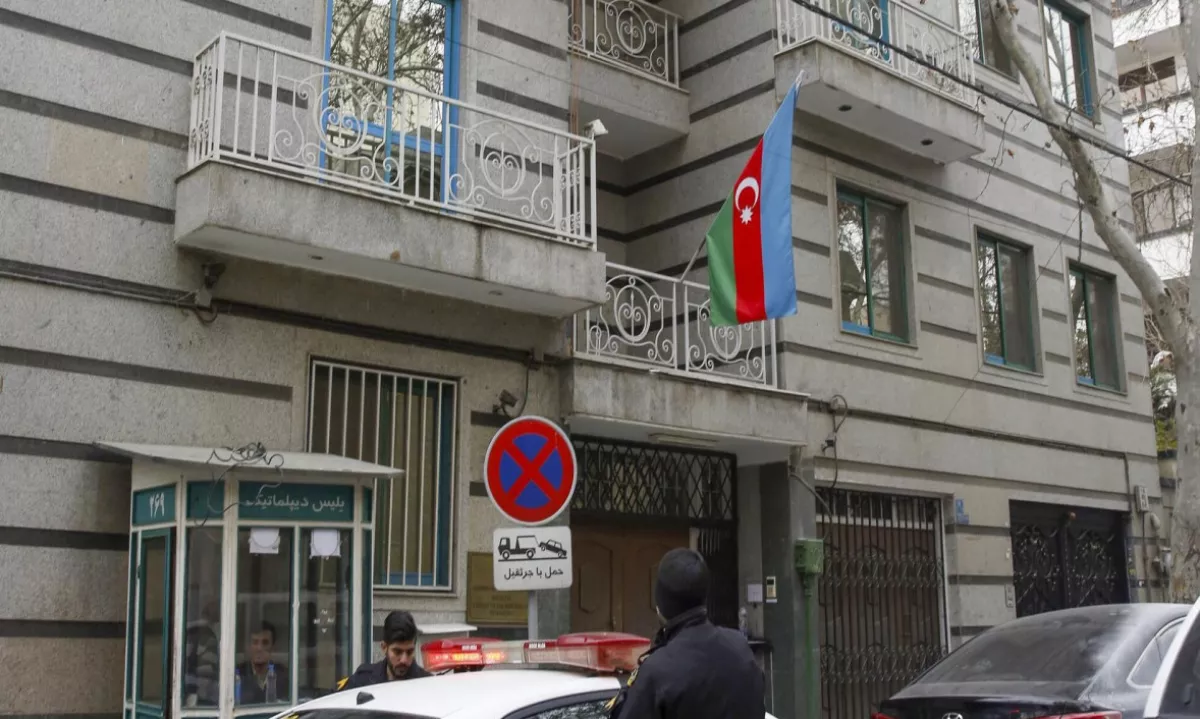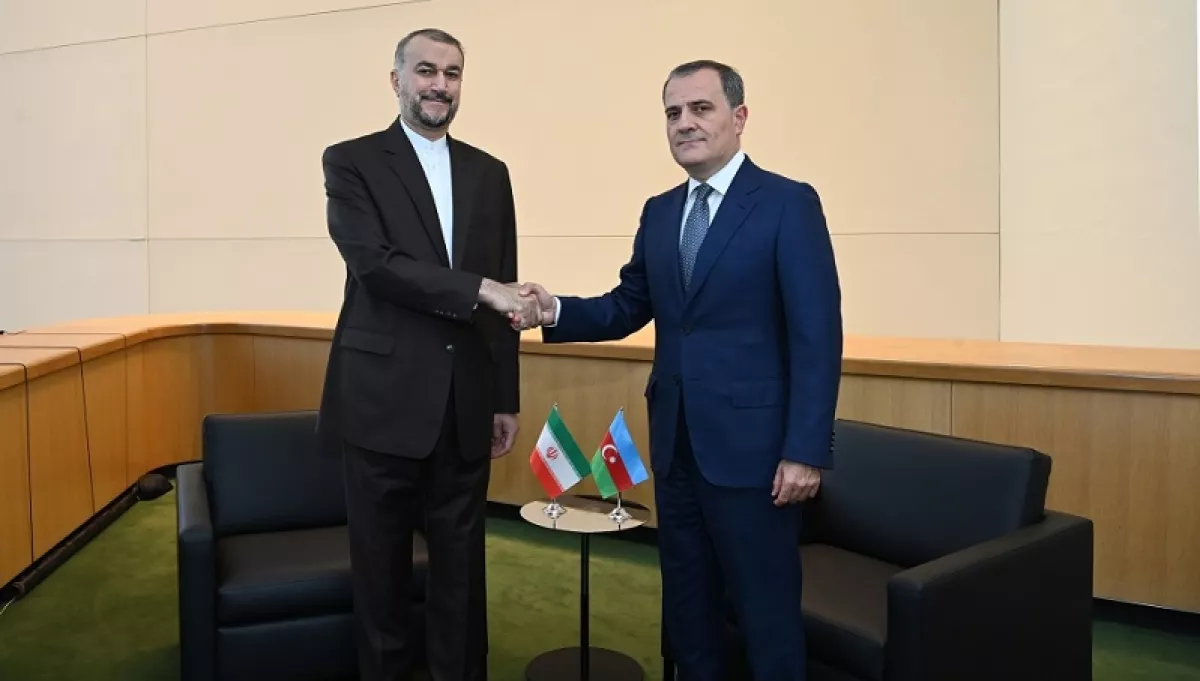Azerbaijan – Israel geopolitical axis: a role model for time-tested security alliances Shifting the geopolitics of the South Caucasus / VIDEO
On May 30, 2023, Israeli President Isaac Herzog paid an official visit to Azerbaijan upon the invitation of his Azerbaijani counterpart Ilham Aliyev. The two-day visit came as part of joint efforts to deepen relations between Baku and Tel Aviv amidst the escalating diplomatic confrontation between Baku and Tehran. President Herzog, in his speech in Baku, pointed out that the “partnership between Israel and Azerbaijan is a foundation for many fields.”
Azerbaijan greatly values its defence partnership with Israel due to its ability to produce modern warfare weaponry and access to smart technologies. Undoubtedly, it has reinforced the picture of Israel as a friendly country and a reliable source of high-quality arms, even in the middle of hostilities. Indeed, 2023 marked the significant development of the partnership between Azerbaijan-Israel in nearly all fields, particularly the defence partnership.
In this vein, Azerbaijan has become one of the biggest arms importers of Israeli-made weaponry, namely medium-range missiles, loitering munitions, and combat drones. While drones proved to be game-changers during the second Karabakh war between Azerbaijan and Armenia in 2020, they paved the way for a deeper Azerbaijan-Israel defence partnership.
Moreover, Israeli defence companies were also involved in training Special Forces and bodyguard missions for senior officials in Azerbaijan, constructing security systems for the airport in Baku, and upgrading military equipment from the Soviet era.
Consequently, Iran, Israel’s arch-rival, is unhappy with the rapid strengthening of the Baku-Tel Aviv axis, as it sees the latter as an existential threat. Such a partnership provoked Iranian security forces to orchestrate a brutal terror attack at the Azerbaijani embassy in Tehran in February 2023, which resulted in the full evacuation of the Azerbaijani diplomatic mission from Iran.

Referring to the recently available data, it is safe to note that Israeli arms manufacturers continue to keep a close eye on the Azerbaijani market since the latter country's defence budget has steadily increased, from $2.6 billion in 2022 to $3.1 billion in 2023, with 30% of these expenditures earmarked for weapons procurement. Also, illustratively, recently, two new Israeli defence technology firms, Meteor Aerospace and Spear UAV, are expected to sign deals with Azerbaijan on drone development in early 2024.
Azerbaijan is among the few Muslim countries to enjoy extensive cooperation and a strategic alliance with Israel. Despite differences in religion, belief and outlook, relations between the two countries today can be considered a unique historical example in international relations.
Israeli-Azerbaijani ties are based on two main pillars: patient and cordial political relations, as well as defence cooperation and arms sales. The intensive dialogue between the two states since 2020 culminated with Azerbaijan's decision to set up a diplomatic mission in Israel after three decades of hesitance.
Azerbaijan had consistently rejected Israeli overtures to send a permanent ambassador, despite opening an Israeli embassy in Baku in August 1993. It took almost 30 years for Azerbaijan to reciprocate since the country's leadership did not want to alienate other Muslim-majority states or provoke the Iranian authorities, who blamed Israel for worsening relations along the Baku-Tehran axis.

Despite frequent government changes in Israel, the partnership level with Azerbaijan keeps elevating upwards. For example, in February 2023, the new Israeli Defense Minister Yoav Gallant met with President Aliyev on the sidelines of the Munich Security Conference to reiterate Israel's strong commitment to cooperate with Azerbaijan against Iran and its proxy forces.
As such, the new far-right government of Prime Minister Benjamin Netanyahu eyes deeper security partnership with Azerbaijan in light of Iran's growing interference in regional affairs and worsening standoff with the former.
Moreover, besides military ties, Israeli authorities actively cooperate with Baku in energy, agriculture and other fields. Considerably, during President Herzog's visit to Baku, new cooperation documents were signed with Azerbaijan in the education and healthcare fields.
Notably, energy has always been a key element of the Baku-Tel Aviv axis, as Azerbaijan is the main oil supplier to Israel via its Baku-Tbilisi-Ceyhan pipeline. In 2022, Azerbaijan exported 1,857,621.5 tons of crude oil to Israel. In this regard, positive dynamics between Baku and Tel Aviv will likely grow, paving the way for enhanced partnership.
Politically, Israel and Azerbaijan have reached a new level of relations with the opening of the Azerbaijani embassy and the appointment of the first ambassador to Israel.
Following this milestone, cooperation between the two countries will likely expand further.








